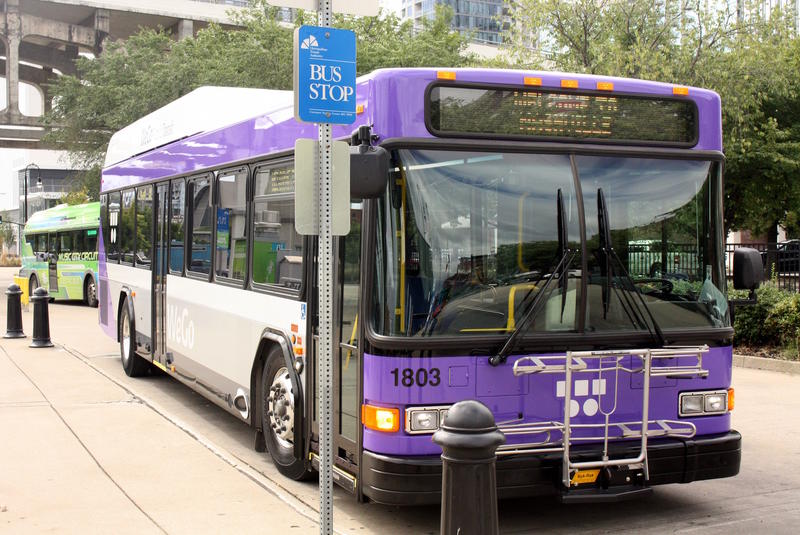
A host of bus route updates — including a new crosstown route, improved frequency, and expanded WeGo Link service — commenced this week, as Nashville’s WeGo transit agency implemented its spring service changes.
The changes are expected to drastically improve service levels in North Nashville. Steve Bland, WeGo CEO, says they will increase service there by 68%, and expand the number of jobs accessible within a 45-minute commute by 100,000.
“We’ve always said that our job at WeGo is to connect people to their lives and communities,” Bland told reporters last week. “We think that these service improvements go a long way toward delivering on that mission.”
The changes include:
- Adding a new, long-awaited crosstown route that connects East Nashville to North Nashville. The “71 Trinity” connects riders from Gallatin Pike to Clarksville Pike via Trinity Lane.
- WeGo Link, the program that subsidize rideshares for passengers needing a ride from their bus stop to their door, will expand service to Bordeaux and Buena Vista.
- Better frequency for seven bus routes: 9 Metro Center, 14 Whites Creek, 22 Bordeaux, 41 Golden Valley, 42 St. Ceceilia/Cumberland, 75 Midtown and 77 Thompson/Wedgwood.
- Those seven routes will also see route adjustments to eventually connect to the North Nashville Transit Center. All seven, plus five additional routes, will experience schedule adjustments. More information on those modifications can be found here.
Many of these changes are tied to the opening of a new transit hub: Dr. Ernest Rip Patton, Jr. North Nashville Transit Center (NNTC). The center actually isn’t open yet — it’s expected to launch in June — but the route changes have begun, operating out of temporary stops.
The center is a part of the city’s attempt to create a more distributed network of transit — allowing riders to reach across town destinations without having to stop downtown.
Metro wants to see centers like this all across the county. Currently, NNTC marks the third such hub — after the main downtown Elizabeth Duff Transit Center at WeGo Central, constructed in 2008, and the Hillsboro Transit Center, which opened in 2022.
Mayor Freddie O’Connell says the NNTC is indicative of what his proposal to establish dedicated transit funding can achieve, if approved by voters in November.
“We would expect a network of a dozen such centers, over time,” O’Connelll says. “If the program is not approved, then … you’d be lucky to see a two-a-decade pace going forward.”
The NNTC, a $17 million project, was supported by 46% federal funds, 32% state dollars, and 22% Metro funds, representing the kind of cost sharing that experts say is possible through a a dedicated source of local transit funding.

